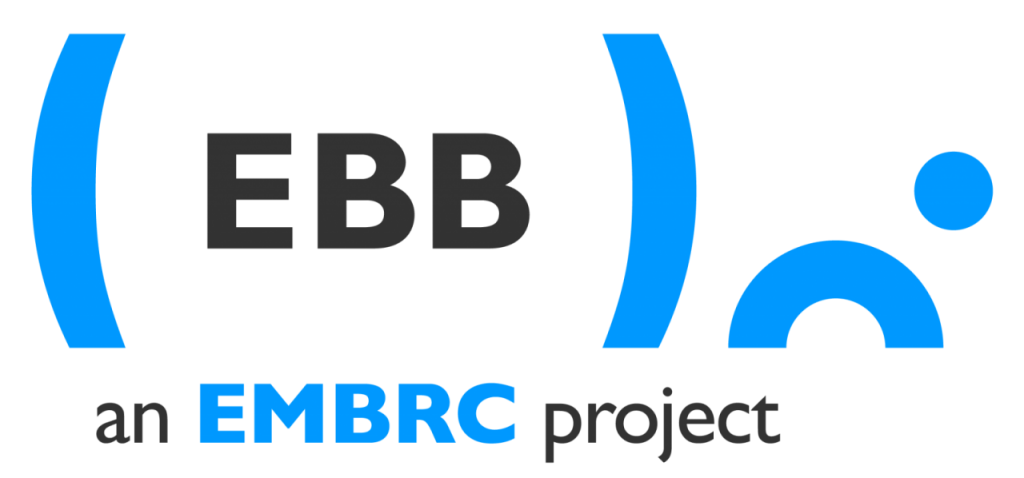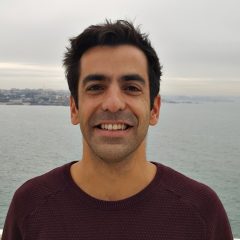
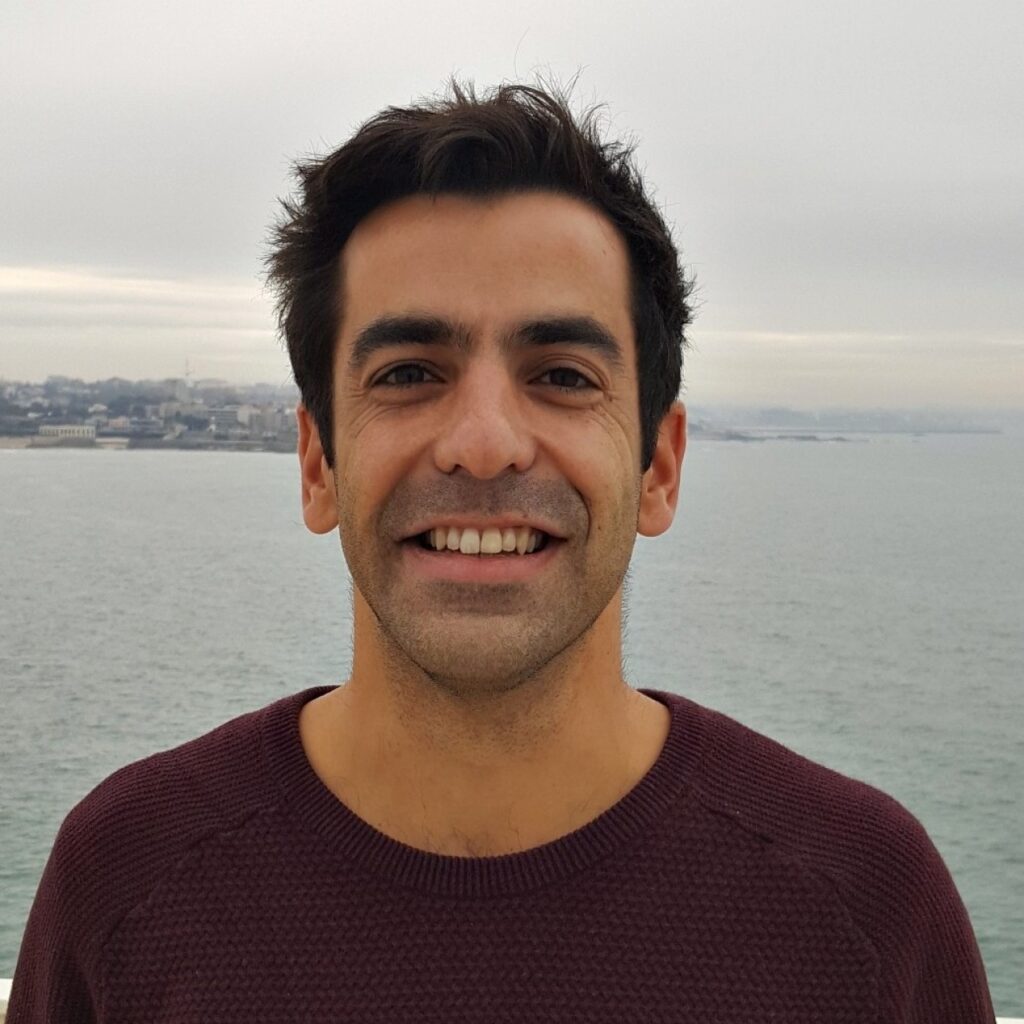
Investigador
Miguel Semedo doutorou-se em Ciências Marinhas pelo Virginia Institute of Marine Science, College of William and Mary (2019), e é atualmente um investigador júnior no CIIMAR. Como ecologista microbiano, Miguel está interessado em investigar a diversidade e a função das comunidades microbianas em vários ambientes e os seus papéis nos processos biogeoquímicos. Está especialmente interessado em compreender os impactos das atividades humanas e da poluição nestes processos microbianos. Para a sua investigação, aplica metodologias moleculares, bioinformáticas e biogeoquímicas para ligar os pontos entre a composição da comunidade microbiana e a atividade biológica.
EQUIPAS DE INVESTIGAÇÃO:
Ecologia e Biogeoquímica dos Microbiomas



